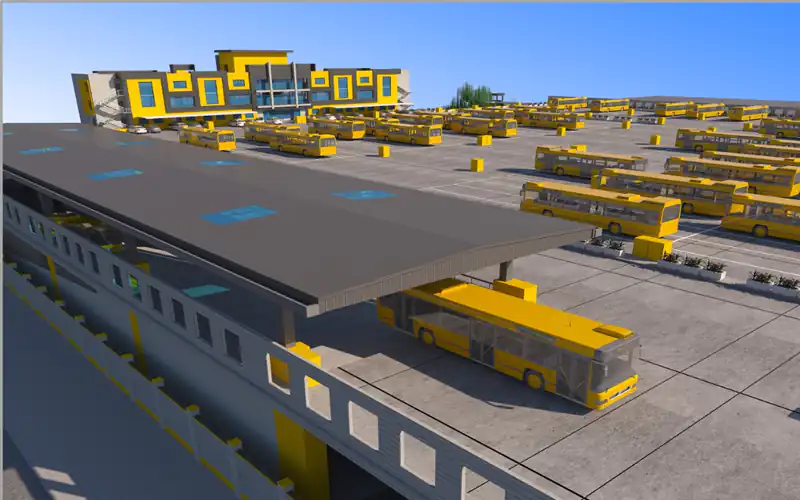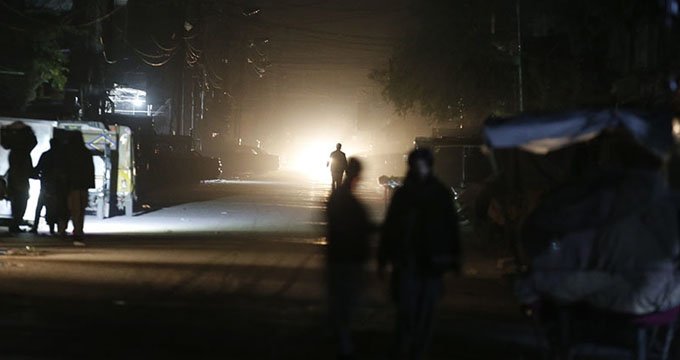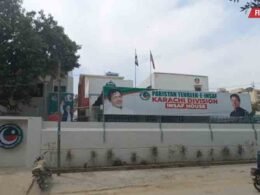The Karachi Bus Rapid Transit (BRT) Yellow Line project, supported by the World Bank, will exclusively use electric buses to ensure the system remains fully eco-friendly.
According to Dawn News, Sindh Senior Minister Sharjeel Inam Memon shared this during a briefing with a World Bank delegation that visited the Yellow Line site office and inspected ongoing construction near Jam Sadiq Bridge in Korangi.
The Yellow Line route will cover major areas including Dawood Chowrangi, Korangi Industrial Area, Jam Sadiq Bridge, Main Korangi Road, FTC Interchange, Shahrah-e-Faisal, Shahrah-e-Quaideen, and Kashmir Road, connecting to the Red Line at Numaish.
Sharjeel Memon, who also serves as Minister for Information, Transport, and Mass Transit, gave a detailed briefing on the project’s progress, impact, and strategic importance. He called it a visionary and transformative initiative for Karachi that will offer fast, affordable, and safe public transportation.
Yellow Line to Boost Green Mobility and Economic Growth
He emphasized that the Yellow Line will not only improve urban mobility but also stimulate economic activity. “We aim to complete the Yellow Line according to international standards, with all facilities available in top global cities,” he stated. “Only electric buses will operate to maintain an environmentally friendly transit system.”
Memon highlighted that Pakistan’s first electric bus service and the Pink Bus Service for women were launched under his leadership and are running successfully. He said electric buses help reduce pollution and fuel costs significantly.
To further empower women, the government has also launched an electric scooter program. So far, over 8,000 applications have been received.
“This project isn’t just a transport scheme, it’s the beginning of a social revolution,” Memon said.
Other Projects and Investment Zones Underway
He added that work is also in progress on the Karachi Circular Railway (KCR) and the Karachi-to-Sukkur high-speed rail project. To attract investment, the government has established Special Economic Zones offering 10-year tax exemptions for investors.
Although the rising value of the US dollar has increased construction costs for BRT, the Sindh government remains committed to completing the project.
The World Bank team appreciated the project’s speed, vision, and quality. They stressed that Karachi needs more modern transport projects and expressed interest in public-private partnership (PPP) models. They praised the Sindh government’s efforts as forward-thinking and impactful.












